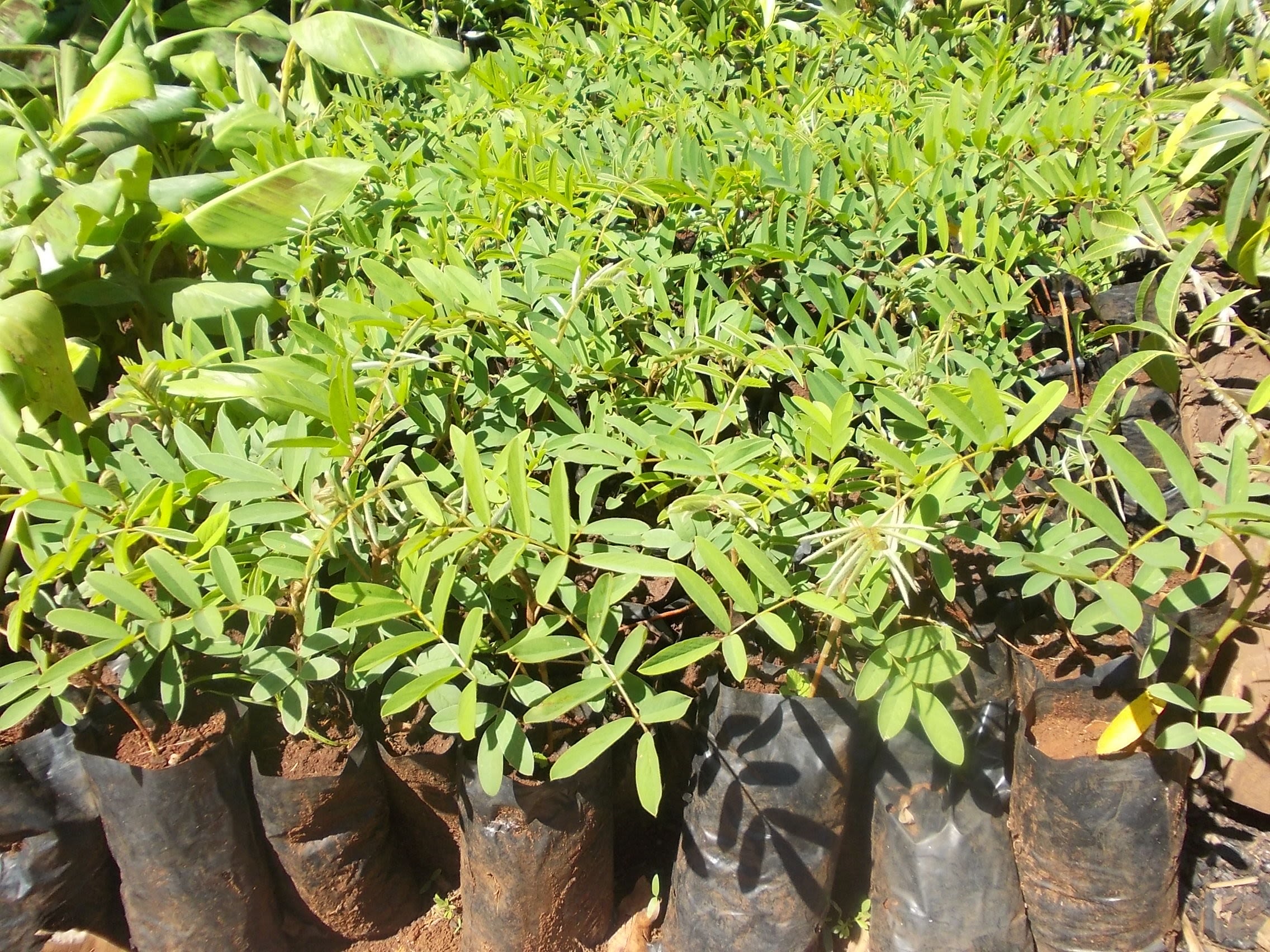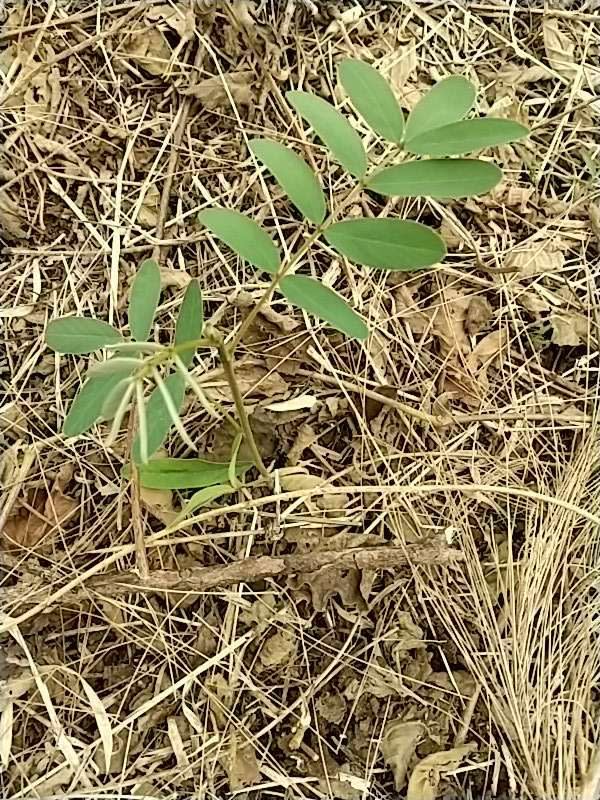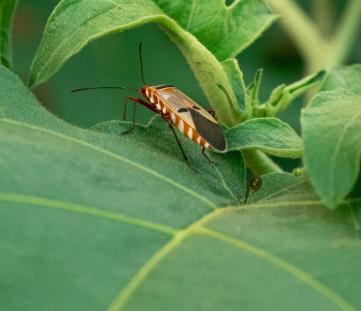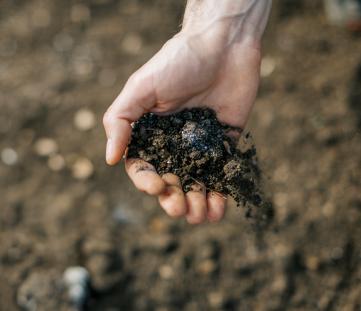ID: Z9E-NDE
ID: Z9E-NDE
Tephrosia
Tephrosia vogelii
Photo
Kenya
23:01 - 17°C
My connections
My ID card
Who am I?
Date of birth
11/09/2020
Name
Tephrosia
Tree
Tephrosia
Where am I located?
Country
Kenya
Place of birth
Loitokitok
Coordinates
2° 56′ 28.82″ S
37° 33′ 15.24″ E
/37.55423259,-2.94133942,0/500x333@2x?access_token=pk.eyJ1IjoidG9tbWFzb3NwZXJvbmkiLCJhIjoiY2tnOTE3eW12MDJqazMybXNzOWV1YjloOSJ9.wtGsuDU7XIKjcv2cq8CiXw&logo=false&attribution=false)
My Timeline
The important moments in your tree's life.
Seed
It all starts with a tiny seed, nice and warm in the soil.
Nursery
Your seedling is big enough to be welcomed into one of our nurseries, along with many others.
Planted
We’re here! Your tree has reached its new home: it’s been planted by a smallholder, who’ll take care of it for years to come.
Photo
Strike a pose! Now that it’s big enough, here’s a photo of your tree!
My Gallery
Nursery

Planted
/37.55423259,-2.94133942,0/500x333@2x?access_token=pk.eyJ1IjoidG9tbWFzb3NwZXJvbmkiLCJhIjoiY2tnOTE3eW12MDJqazMybXNzOWV1YjloOSJ9.wtGsuDU7XIKjcv2cq8CiXw&logo=false&attribution=false)
37° 33′ 15.24″ E
Photo

Curiosity about me
The important moments in your tree's life.
Let's start with introductions
Tephrosia is a small floral plant from the African tropics but commonly found throughout the American topics and in south and southeast Asia. It grows from 0.5 to 4 meters tall and is widely used both as a natural tick and flea repellant for animals and to improve soil quality thanks to its nitrogen-stabilizing properties.
Meaning
Resilience
The Tephrosia has a very deep root system, which guarantees its great resilience even in the event of a fire, because it's able to grow back quickly.

How much CO2 I’ll absorb
My estimated CO2 absorption capacity is based on the first 10 years of my life*
Current absorption
- 80 kg
2020
0 kg
2030
-200 kg
* The tree will continue to absorb CO2 even after the tenth year. Therefore this is a prudent estimate.
How I am useful to local communities

Natural pesticide
Its leaves and/or its fruits contain useful substances that can be used against plant diseases or as natural pesticides.

Soil
It improves the quality of the soil thanks to the nitrogen fixation process or it reduces soil erosion, thanks to its extended root system.
My benefits
20%
Food Security
The trees will bear fruits, some that will be edible immediately and others that can become edible through processing, ensuring food resources over time.
20%
Economic development
The trees' fruits and the products derived from their transformation can be traded in local networks, offering income opportunities.
20%
CO₂ Absorption
During its life cycle, each tree will offset CO₂. The trees that you plant can offset your emissions.
80%
Environmental protection
The trees are planted in agroforestry systems that favor the virtuous interaction between the different species and their positive impact on the environment and on the land.